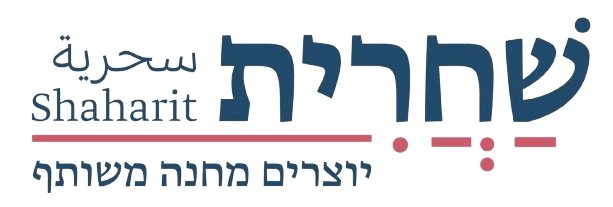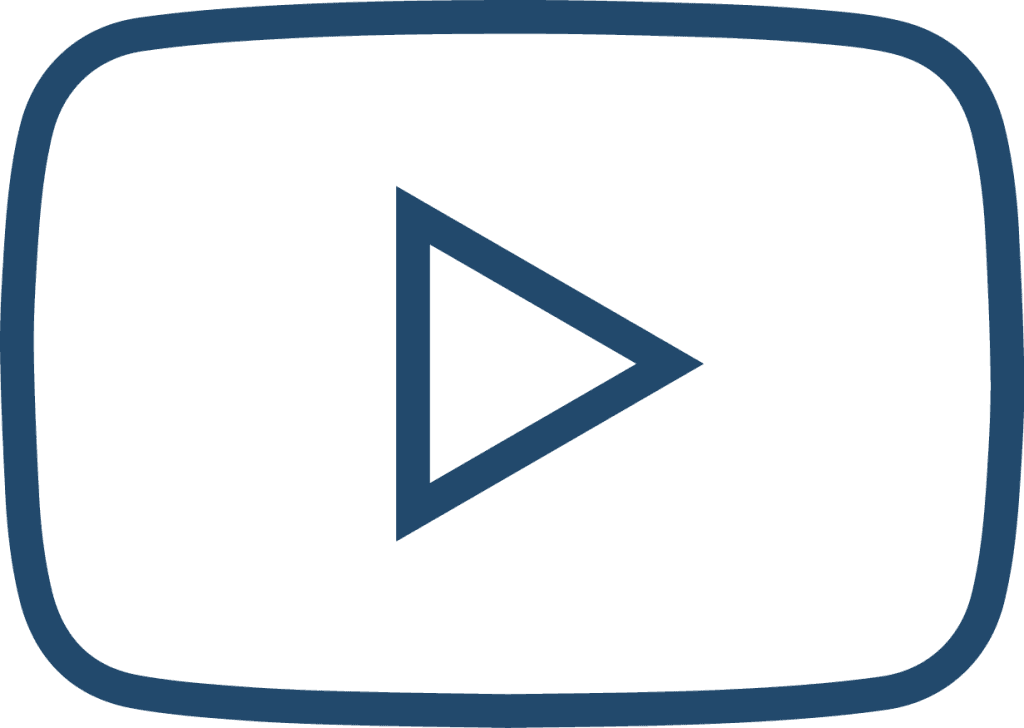On the eve of Yom HaShoah (Holocaust Remembrance Day), Shaharit held an open, painful, and fraught conversation on the Holocaust and remembrance through the eyes of Mizrahim. Some 100 people gathered to think about remembering and reminding, to talk about how the Holocaust serves as a point of entry to Israeli identity, and what that all means for people who were not born into this experience. And what about the place of North African Jews in the Holocaust? And a lot more, besides. The panel leading the event was comprised of MK Rachel Azaria, Dr. Tomer Persico, Yehuda Nuriel, and Yael Gidanyan.
You can watch the full video of the event below:
Yael Golan, Shaharit’s deputy director, shared her experiences of the event (taken from a Facebook post [in Hebrew]):
There were butterflies in my stomach before yesterday evening’s event. To me Holocaust Remembrance Day is holy. It’s a day of intensely personal mourning within the general sadness. I spend this day with my grandparents, deep in the hell they experienced. My thoughts flit from them to my father, to me, to my daughter, and back to them. I am here because they were brave at exactly the right moment. My late grandfather, Muniak Skurnik, was put on the train to Treblinka. Before that, he had managed to hide his wife and young daughter with a Polish family. I am with him on the train car crowded in between dozens and hundreds of people; he knows he is being taken to his death. The voices of his wife and daughter dountless called out to him at those moments. I can’t help but think of myself. What would I have done? He was a young man—younger than I am now—who managed to find the strength within him. And he decided to jump off the train. Alone. Into the forest. That’s how he saved himself. He survived only to find out later that his wife and daughter had been turned in and murdered. Just like the rest of his family.
I think of my late grandmother, Perla Goldlust, a young girl not much older than my dear niece who lived in the Warsaw Ghetto with the entire family. They were Gur Hassidim. The future becomes clearer and darker, and her mother Feiga Luba (nee Glusman) takes her and they flee the Ghetto together to relatives. But they’re caught. On this day, it’s hard for me not to think of the moment the two were separated—who will live and who will die. The mother is sent to her death, and her daughter is sent to a work camp. The conditions are rough. But she survives. And she discovers after the war that not a trace is left of her whole family.
Both of them lost everything. It was hell.
But despite it all. My grandmother and grandfather meet, marry, and find the strength to build a home. To have a family. They choose life.
And I am here because of that choice.
I’m trying to make up for all the questions that I never asked. So they won’t get erased. So they won’t be forgotten.
In recent years, I have been digging more and more into the layers of family history on my other side. I tell the story of my uncle, my mother’s younger brother, who was taken away when the family lived in a ma’abara (transit camp). I get excited over the manuscripts from the Damascus rabbinic dynasty from which I am proud to descend. I lean on the traditions from my maternal grandparents and try to pass them along to my daughter.
I have a patchwork identity. Everything lives in me. But on this fraught day I always maintained some degree of separation. As if that were possible.
On the eve of Holocaust Remembrance Day, we at Shaharit decided to take part in a fraught, painful conversation whose time has come. Last night we held an open discussion of the Holocaust and remembrance through Mizrahi eyes.
We tried to give space to the questions and sensations that many people share—the way that the Holocaust constitutes a point of entry into Israeli identity and what that all means for people who were not born into this experience. What about the place of North African Jews in the Holocaust? And how should we remember and remind others? And a lot more, besides.
The event itself was only publicized here, on Facebook, just a day in advance. We did not know how many people would bother coming.
I stood at the door with butterflies in my stomach. I was excited by every person who came, listened, talked, and participated. Some 100 people who decided to come together on this evening and talk about what was on their minds. There were many young people as well as some less-younger individuals.
And of course, when my parents came, my heart took a shock.
The conversation was difficult, painful, challenging, and exciting. And most of all, really, really important. My mother told me excitedly that as they left the building, participants were still clustering in groups and talking about what had come up. It’s moving to be part of such an important process for our society—a journey of healing.
The rest, of course, is still to come.



